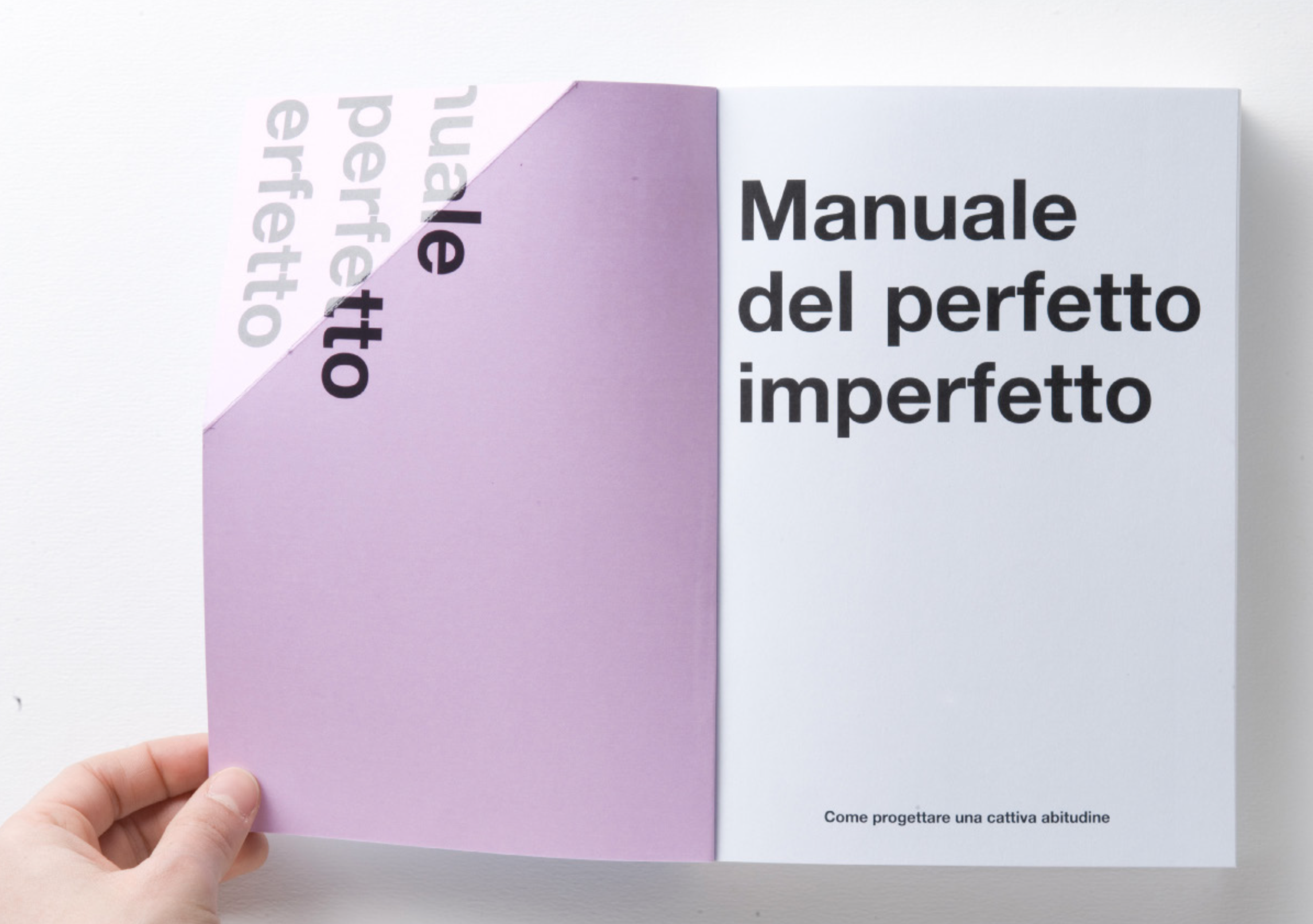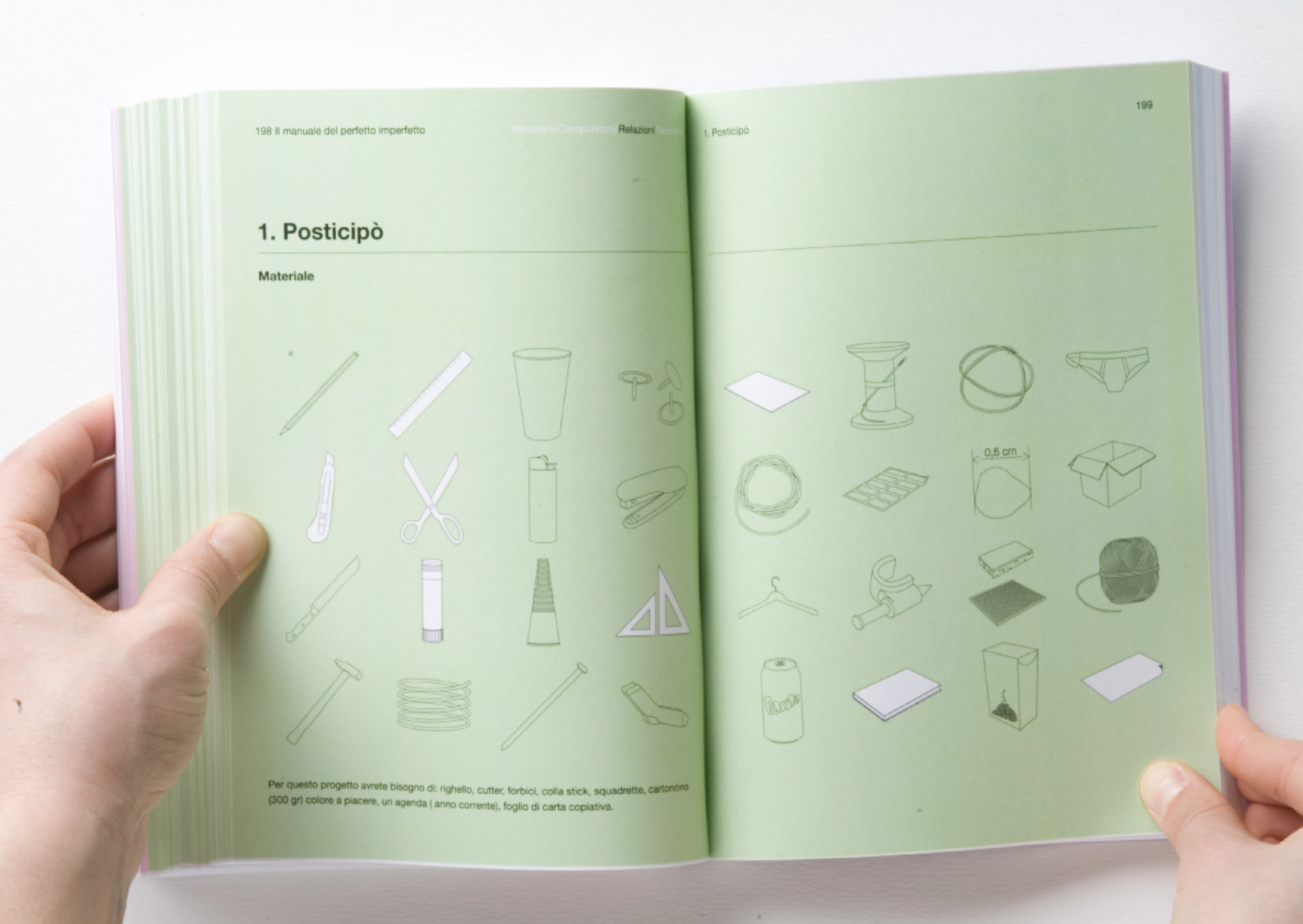︎ The Research
The Laboratory for Healing Encounters is the Ph.D. reserach and projects from Silvia Neretti.
This Ph.D. research stems from the desire to create a space to radically reimagine Eating Disorders (ED) care, touching on the particular issues of accessibility, the efficacy of treatment, relapses, and discourses around stubbornness through which ED is often depicted, while considering their existence within a fat phobic culture. This crafted space of possibility is one of design research, considering its material and spatial imagination, speculative orientation, and propensity to make reality more malleable (Dunne & Raby, 2013). The theoretical underpinnings are the ones of new materialism, Actor-Network theory, feminist lenses,
social justice, and decolonial theories in mental health. This research moves between learning and unlearning, doing and undoing, and contributes to design research, to the field of Design for Mental Health and artistic approaches in health, and to wishes to connect with Eating Disorders research, allowing healing to reach those who seek it in unexpected ways. Ultimately, this research hopes to extend its effects outside academia.
I am currently exploring Eating Disorders multidimensionally, and designing healing encounters.
The Laboratory for Healing Encounters is a space that focuses on designing experiences, coincidences, and encounters to support the healing process from Eating Disorders (ED). Encounters aim to instill new understandings and narratives to get in contact with, imagine, and explore a new sense of self, outside the experience of ED. Each encounter is designed to address the experience of Eating Disorders in a multidimensional way, and to support a peaceful cohabitation with one’s body, emotions, and eating abilities, rendering healing a social responsibility.
In completion
This Ph.D. research stems from the desire to create a space to radically reimagine Eating Disorders (ED) care, touching on the particular issues of accessibility, the efficacy of treatment, relapses, and discourses around stubbornness through which ED is often depicted, while considering their existence within a fat phobic culture. This crafted space of possibility is one of design research, considering its material and spatial imagination, speculative orientation, and propensity to make reality more malleable (Dunne & Raby, 2013). The theoretical underpinnings are the ones of new materialism, Actor-Network theory, feminist lenses,
social justice, and decolonial theories in mental health. This research moves between learning and unlearning, doing and undoing, and contributes to design research, to the field of Design for Mental Health and artistic approaches in health, and to wishes to connect with Eating Disorders research, allowing healing to reach those who seek it in unexpected ways. Ultimately, this research hopes to extend its effects outside academia.
I am currently exploring Eating Disorders multidimensionally, and designing healing encounters.
The Laboratory for Healing Encounters is a space that focuses on designing experiences, coincidences, and encounters to support the healing process from Eating Disorders (ED). Encounters aim to instill new understandings and narratives to get in contact with, imagine, and explore a new sense of self, outside the experience of ED. Each encounter is designed to address the experience of Eating Disorders in a multidimensional way, and to support a peaceful cohabitation with one’s body, emotions, and eating abilities, rendering healing a social responsibility.
In completion
︎︎︎ Introductions
In 2011, Paolo Ulian was invited to showcase his work at the Faculty of Design and Art at the Free University of Bolzano (Italy). As an industrial design bachelor student, I attended this lecture an found myself fascinated with one of Ulians' projects, "Osservare Comportamenti" (observing behaviors). That specific encounter steered the trajectory of my education and career toward designing for behavior change, well-being, happiness, and mental health.
My bachelor's thesis project was titled "The Perfect's Imperfect Manual." A self-help help book and a DIY manual, with instructions to build 24 objects, each of them help you overcome 24 bad habits. The objects are easily built with materials that can be found in a domestic environment. The objects, furthermore, have been designed thinking with Actor-Network Theory (Latour, 2005) and the concept of double bind, as described in systemic and family therapy (Watzlawick, Beavin, and Jackson, 1971). Once these paradoxical objects are used, they suggest performing the same bad habit one is trying to overcome: in this double bind, one can change one's mindset and point of view on one's habitual choices. In my master's thesis (Design Academy Eindhoven, 2014), I developed the project "The Unhappiness Repairer," a speculative service that allows designers to become personal home therapists. Designers visit your domestic space and redesign your engagement with the material environment to elicit behavioral and emotional change.
See some of my past projects here below.
My bachelor's thesis project was titled "The Perfect's Imperfect Manual." A self-help help book and a DIY manual, with instructions to build 24 objects, each of them help you overcome 24 bad habits. The objects are easily built with materials that can be found in a domestic environment. The objects, furthermore, have been designed thinking with Actor-Network Theory (Latour, 2005) and the concept of double bind, as described in systemic and family therapy (Watzlawick, Beavin, and Jackson, 1971). Once these paradoxical objects are used, they suggest performing the same bad habit one is trying to overcome: in this double bind, one can change one's mindset and point of view on one's habitual choices. In my master's thesis (Design Academy Eindhoven, 2014), I developed the project "The Unhappiness Repairer," a speculative service that allows designers to become personal home therapists. Designers visit your domestic space and redesign your engagement with the material environment to elicit behavioral and emotional change.
See some of my past projects here below.
︎ Portfolio:
The Unhappiness Repairer, 2014
(Master in Social Design, Design Academy Eindhoven)
(Master in Social Design, Design Academy Eindhoven)
Exibithions:
Dutch Design Week 2014, Design Academy Eindhoven Graduation Show
Milano Design Week, 2015, Atelier Clerici, 5
Nominee:
Gijs Bakker Award (2014)
Keep an Eye on Talent (2014)
Core77 Design Awards (2015) Runner Up for the categories ‘Speculative Concepts’; notable for the ‘Service Design’ category and Community Choice Award for ‘Speculative Concepts’.
Wave of Tomorrow (2015)
Reviews:
Can You Design Happiness? by Shaunacy Ferro
The Unhappiness Repairer: a PopUp Psychotherapy Office by Dijana Vukojevic;
The Unhappiness Repairer Experimenta, by Cristóbal Páez.
Redefining Design, Design Beats, by Jan Boelen.
Progettare la felicità ChomeTemporary by Silvia Argentiero.
Publications:
"Open Design for the Future" for the program Designers in Residence, 2015 Kortrijk.
The Perfect Imperfect’s Manual, 2012
Bachelor’s Industrial Design, Faculty of Design and Arts,
Free University of Bolzano, Italy
Bachelor’s Industrial Design, Faculty of Design and Arts,
Free University of Bolzano, Italy









Invisible Communication, 2016
The Exchangeable Identity Shop, 2013

Photo credits: Heini Lethinen, 2014
Exhibition:
Dutch Design Week, 2014 Kazerne, “Fragments of Ongoing Fictions”
Alien 2024, Conference Society of Literature Sciences and the Arts at Arts, Media and Engineering, Arizona State University.
Exhibition:
Dutch Design Week, 2014 Kazerne, “Fragments of Ongoing Fictions”
Alien 2024, Conference Society of Literature Sciences and the Arts at Arts, Media and Engineering, Arizona State University.
︎Publications and Presentations
Invited talk “Extended-Self Love: Material Imagination and Healing from Eating Disorders”, for the “Week of Love” at Katowice European City of Science, 2024. University of Silesia.
Abstract Presentation “Designing Healing from Eating Disorders: Systemic and imaginative approaches” at “Life-Changing Design” IASDR Congress at Politecnico di Milano, October 2023
Paper Presentation “Designing Healing from Eating Disorders: Reimagining bodies, Experiences and Realities”, at Uncommon Senses IV, Concordia University, 2023
Neretti, S. (2022). Design for Healing and Recovery from Eating Disorders: A Multidimensional Design Model. INCLUDE Unheard voices 11th Inclusive Design Conference Helen Hamlyn Centre for Design. Royal College of Art, London, UK
Presentation “Designing Relational Healing from Eating Disorders” at the North America PhD by Design Symposium, 2021
Presentation “Ambivalent Anesthesia”, at Techniques in the Making Symposium, 2021. Center for Philosophical Technologies at Arizona State University.
Invited Lecture “Reinhabiting the Body” at Free University of Bolzano, Faculty of Design and Arts, Course “Attorno al Corpo”, 2021.
Abstract “Design for Emotional Eating: food affordances, disordered eating, and healing” at Creative Tastebuds Symposium 2021.
Neretti, S. (2020), Constructing a framework to design with and for excluded factors in mental disorders: a proposal for Eating Disorders attunement to recovery and the Other Self. In 6th European Conference on Design4Health (pp. 452-458). Sheffield Hallam University.
About Design and Learning, bu, press 2013. Camuffo, Dalla Mura, Mattozzi.
Abstract Presentation “Designing Healing from Eating Disorders: Systemic and imaginative approaches” at “Life-Changing Design” IASDR Congress at Politecnico di Milano, October 2023
Paper Presentation “Designing Healing from Eating Disorders: Reimagining bodies, Experiences and Realities”, at Uncommon Senses IV, Concordia University, 2023
Neretti, S. (2022). Design for Healing and Recovery from Eating Disorders: A Multidimensional Design Model. INCLUDE Unheard voices 11th Inclusive Design Conference Helen Hamlyn Centre for Design. Royal College of Art, London, UK
Presentation “Designing Relational Healing from Eating Disorders” at the North America PhD by Design Symposium, 2021
Presentation “Ambivalent Anesthesia”, at Techniques in the Making Symposium, 2021. Center for Philosophical Technologies at Arizona State University.
Invited Lecture “Reinhabiting the Body” at Free University of Bolzano, Faculty of Design and Arts, Course “Attorno al Corpo”, 2021.
Abstract “Design for Emotional Eating: food affordances, disordered eating, and healing” at Creative Tastebuds Symposium 2021.
Neretti, S. (2020), Constructing a framework to design with and for excluded factors in mental disorders: a proposal for Eating Disorders attunement to recovery and the Other Self. In 6th European Conference on Design4Health (pp. 452-458). Sheffield Hallam University.
About Design and Learning, bu, press 2013. Camuffo, Dalla Mura, Mattozzi.
︎Bibliography
Dunne, A., & Raby, F. (2013). Speculative everything: design, fiction, and social dreaming. The MIT press.
Latour, B. (2005). Reassembling the Social: An Introduction to Actor-Network-Theory. New York: Oxford University Press.
Watzlawick, P., Beavin, J. H., & Jackson, D. D. (1971). Pragmatica Della Comunicazione Umana. Astrolabio, Roma, 35.
Latour, B. (2005). Reassembling the Social: An Introduction to Actor-Network-Theory. New York: Oxford University Press.
Watzlawick, P., Beavin, J. H., & Jackson, D. D. (1971). Pragmatica Della Comunicazione Umana. Astrolabio, Roma, 35.